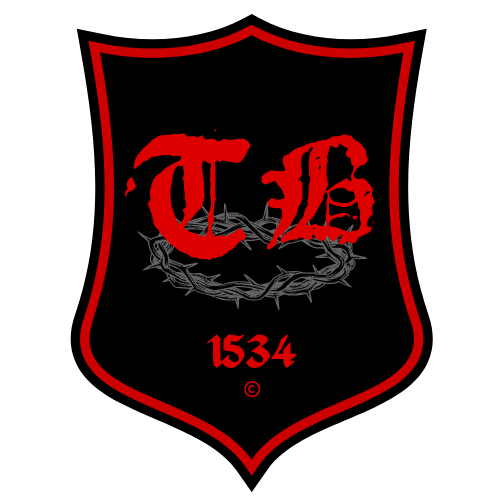|
We at William Tyndale Publishers LTD are delighted to be parnering with Royal Jongbloed. They are premium book printers or bookbinders based in Holland, where Tyndale started his journey we will finish his mission to print for the world.
0 Comments
This is a great resource for rare books, an impressive website based in Germany by a lovely man called Alexander Schick .
A view of my library, we have many more books to bring to market after our Tyndale. Why the Tyndale New Testament 1534 is far more important than the Tyndale New Testament 152623/1/2024 The reason why the Tyndale New Testament 1534 is far more important than the Tyndale New Testament 1526 is because when William Tyndale Published the New Testament 1526 into English, he, Tyndale left out 18 books of the Prologue Epistles of the New Testament.
The Prologues are a introductory section of a literary work that provides vital background information about the early Christian affirmations concerning the identity of Jesus, the central subject of the Gospel Tyndale, successfully completed the printing of the translation of the New Testament at the press of Peter Schoeffer, probably early in 1526. It was a simple, small, octavo, without 18 Prologues or marginal notes, with simple chapter-breaks, printed in exceptionally clear Bastard type with small illuminations at the start of each book. 720 pages Mr. Felix O’Neill is a visiting Lecturer at Trinity College, Dublin. So far Mr. O’Neill has given 4 lectures on the 18th. Century Slavery and Ireland. Subject is early American History, and Slavery. Codrington College, Barbados and Slavery. Felix O’Neill as a visiting Lecturer has also given a lecture at Kilmainham Gaol Museum, Dublin, Ireland, before the African Ambassadors to Ireland as part of Black History Month in 2022
Felix O’Neill as a visiting Lecturer has also given a lecture at the Epic,The Irish Emigration Museum, Dublin before the Africa Ambassadors and guests to Ireland as part of Black History Month in 2023. |
William Tyndale Publishing HouseAll images ©
Categories
All
|
Company |
|
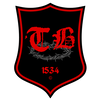

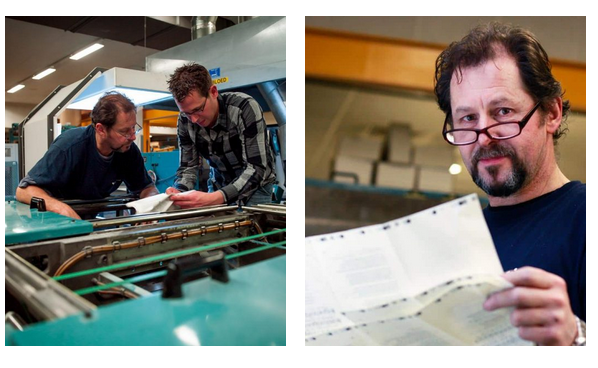
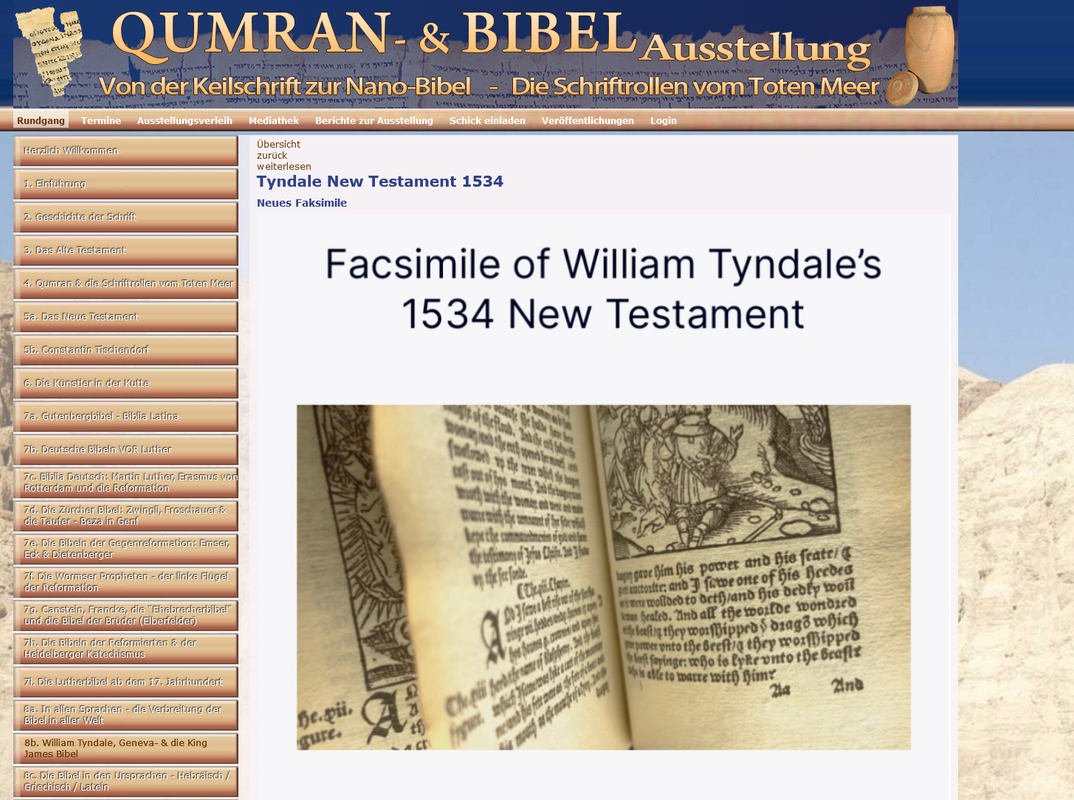
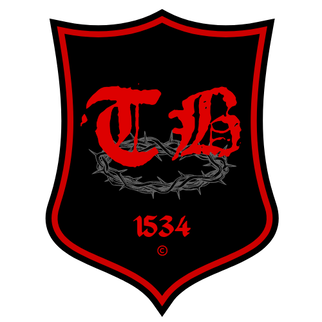

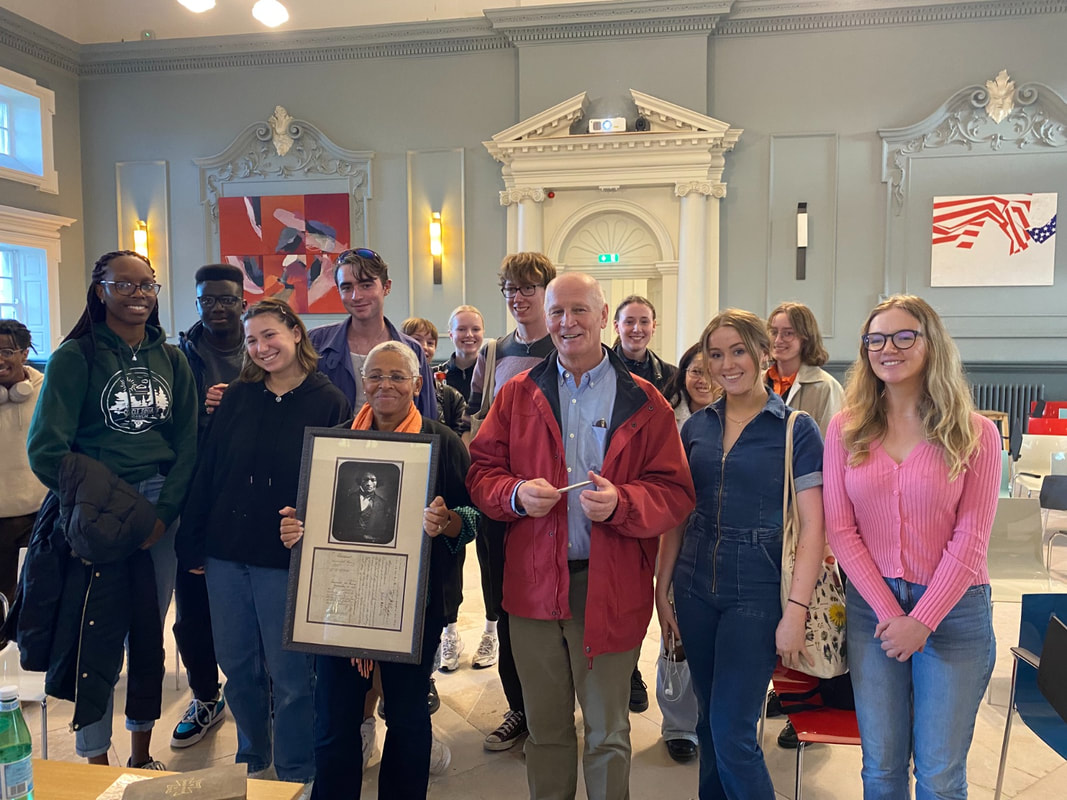
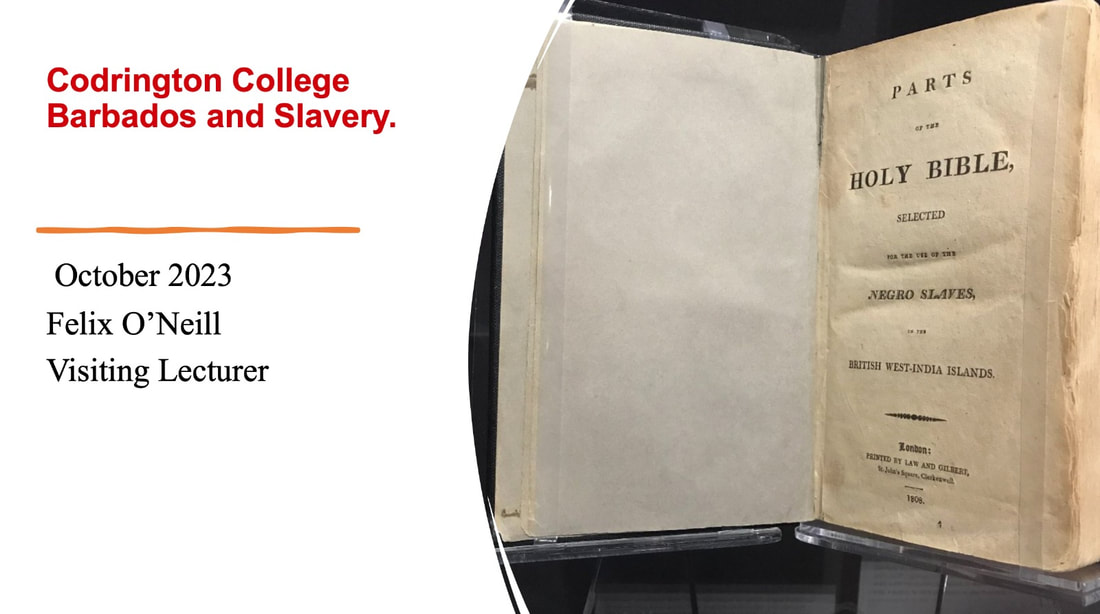
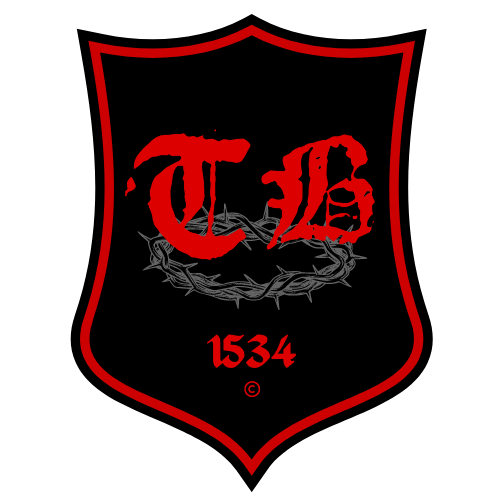
 RSS Feed
RSS Feed
